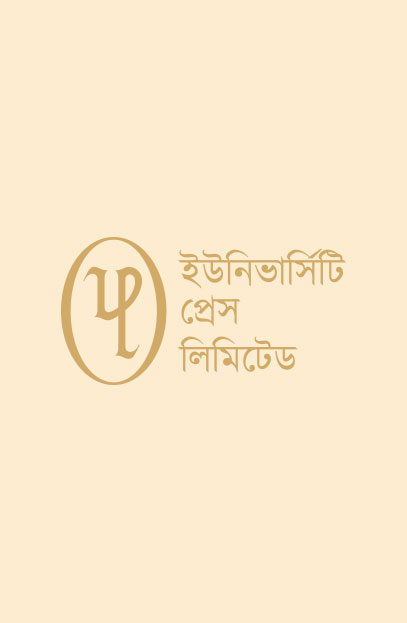
- Shop
- Dynasties of India and Beyond: Pakistan, Srilanka, Bangladesh
Dynasties of India and Beyond: Pakistan, Srilanka, Bangladesh
| Language: English |
Tags :
Book Info
Although the Nehru-Gandhi dynasty alone has hogged the world's attention so far — because of its uniquely dazzling dominance and durability — it is not the only one within India, let alone the neighbouring countries of South Asia and beyond. Indeed, the number of clans striding the political stage in the region is rather large. The Senanayakes and the Bandarnaikes were entrenched in Sri Lanka well before Indira Gandhi first became India’s prime minister in 1966. The Bhuttos of Pakistan — father Zulfiqar more than daughter Benazir — have left their imprint on their country, now once again under military rule with a civilian facade. In Bangladesh politics revolves around the two competing dynasties, one led by Sheikh Hasina, the orphaned daughter of the new nation’s founder-president, Sheikh Mujibur Rahman, and the other by Khaleda Zia, the widow of General Ziaur Rahman, its first military ruler. The plethora of books on the Nehru-Gandhi dynasty have concentrated almost exclusively on the life stories of Jawaharlal Nehru, his daughter Indira Gandhi and her son Rajiv Gandhi who, among them, ruled the country for thirty-seven of the first forty-two years since independence. But none of the chroniclers has tried to explain why the dynastic dispensation has taken such firm roots in this part of the world or why people vote for dynastic leaders time and again. The question of whether the dynastic phenomenon is a passing phase or is here to stay also remains unanswered. Inder Malhotra’s book fills this glaring gap and does so objectively and sensitively. He puts the rise of dynasties in the newly independent countries of South Asia in a historical perspective, drawing attention to the dynasties that had flourished in the old, established democracies in earlier centuries. And he analyses why, in the Asian milieu, democratically-elected dynasties are likely to last much longer than they did in the West. This book is not only a perceptive study of the remarkable and complex phenomenon of dynastic rule but also a fascinating account of the Indian subcontinent’s social and political history during the second half of the twentieth century.

Inder Malhotra
Inder Malhotra is one of India’s most distinguished and respected journalists. In a career spanning more than five decades, he has been the chief political commentator and later resident editor of The Statesman (1964- 71), editor of The Times of India, New Delhi (1978.86), and simultaneously India correspondent of The Guardian, London and Manchester (1965.78). Equally adept in the print and electronic media, he has, since 1986, been a syndicated columnist. He combines journalism with authorship and scholarly research and is both a Nehru Fellow (1986-88) and a Woodrow Wilson Fellow (1992-93). His earlier publications include Indira Gandhi: A Personal and Political Biography (Hodder & Stoughton, 1989) of which American and German editions were published later, He is now working

ইন্দের মালহোত্রা
Inder Malhotra is one of India’s most distinguished and respected journalists. In a career spanning more than five decades, he has been the chief political commentator and later resident editor of The Statesman (1964- 71), editor of The Times of India, New Delhi (1978.86), and simultaneously India correspondent of The Guardian, London and Manchester (1965.78). Equally adept in the print and electronic media, he has, since 1986, been a syndicated columnist. He combines journalism with authorship and scholarly research and is both a Nehru Fellow (1986-88) and a Woodrow Wilson Fellow (1992-93). His earlier publications include Indira Gandhi: A Personal and Political Biography (Hodder & Stoughton, 1989) of which American and German editions were published later, He is now working


